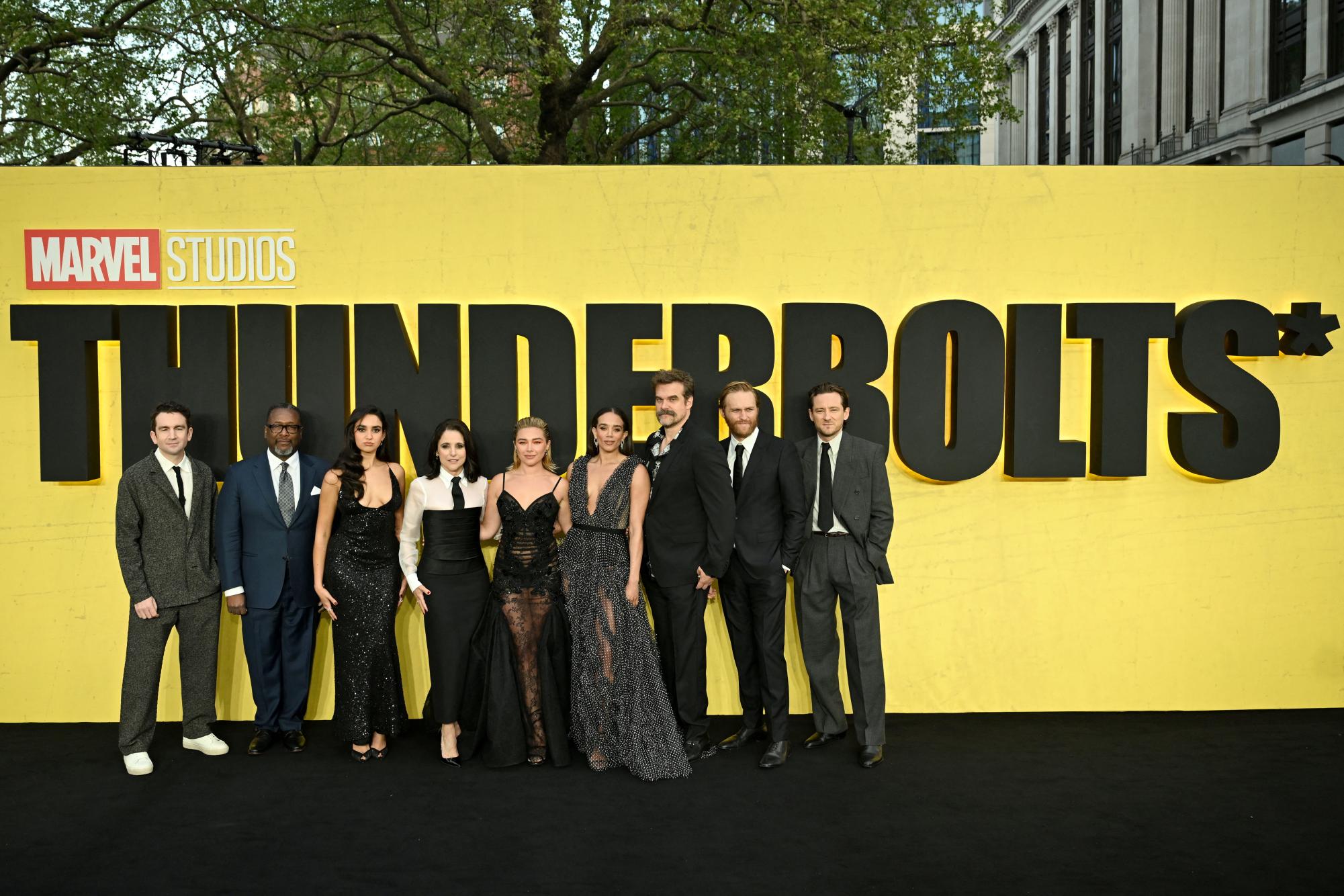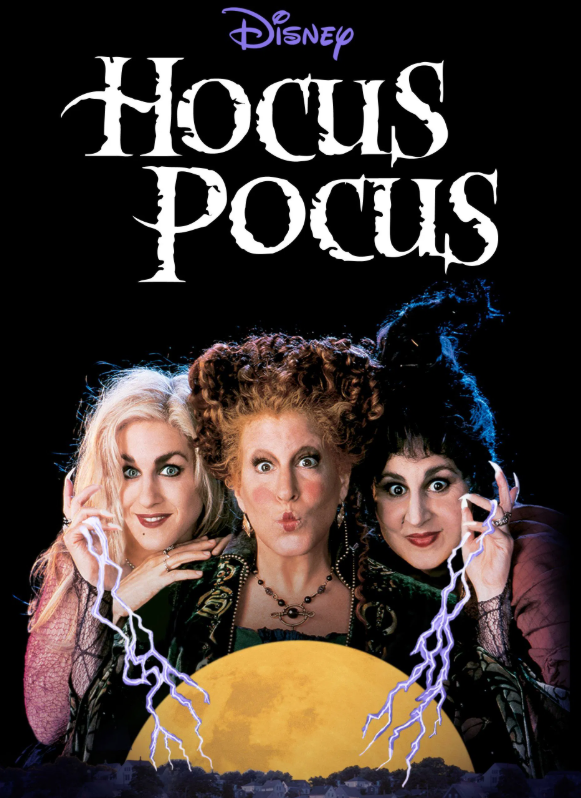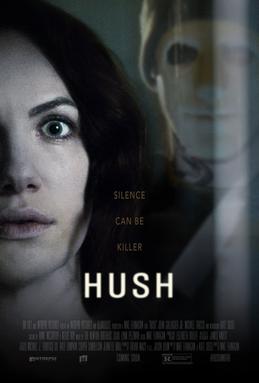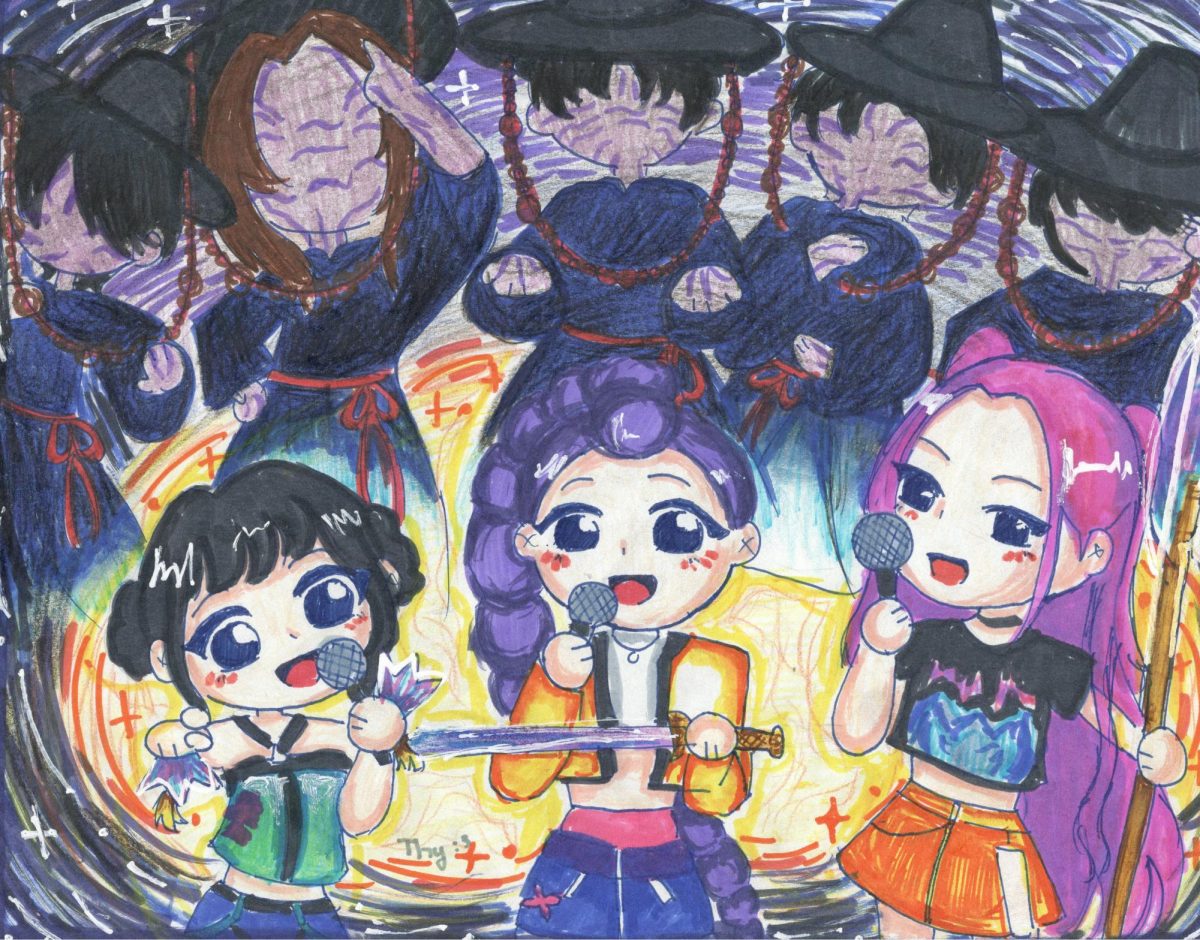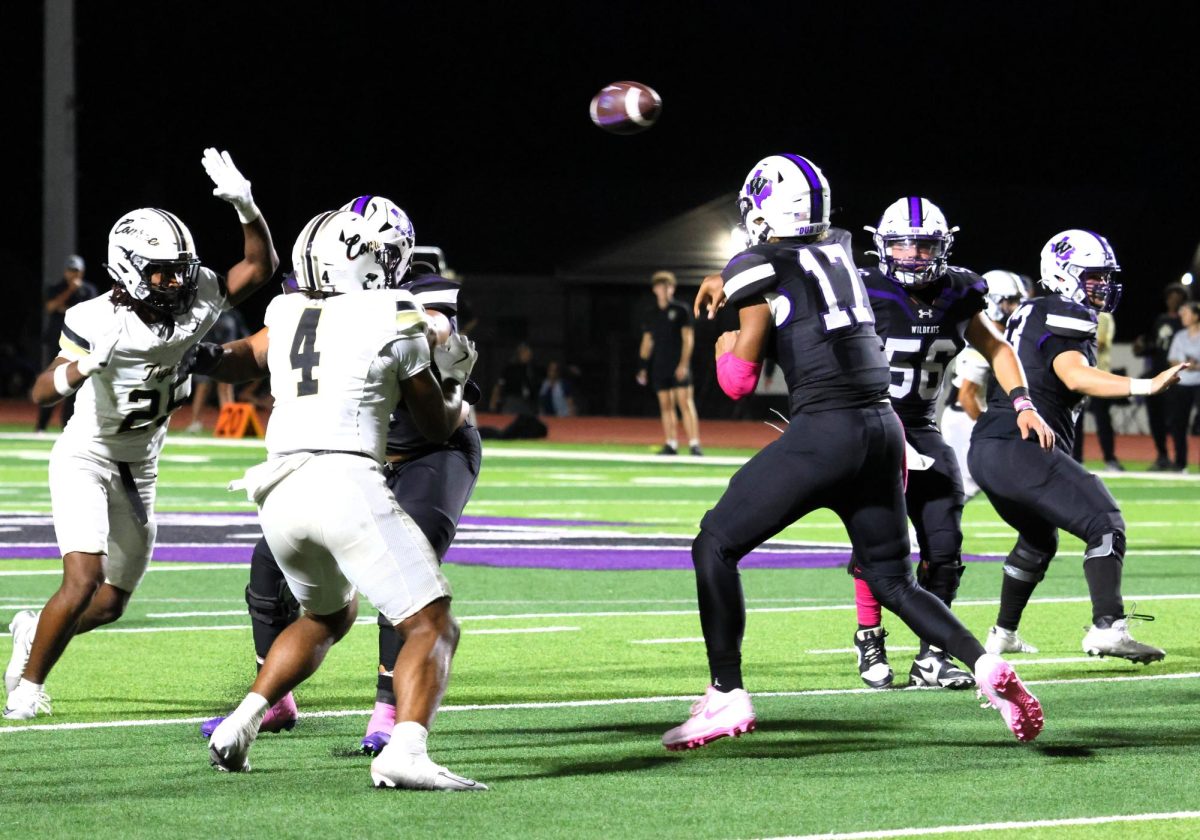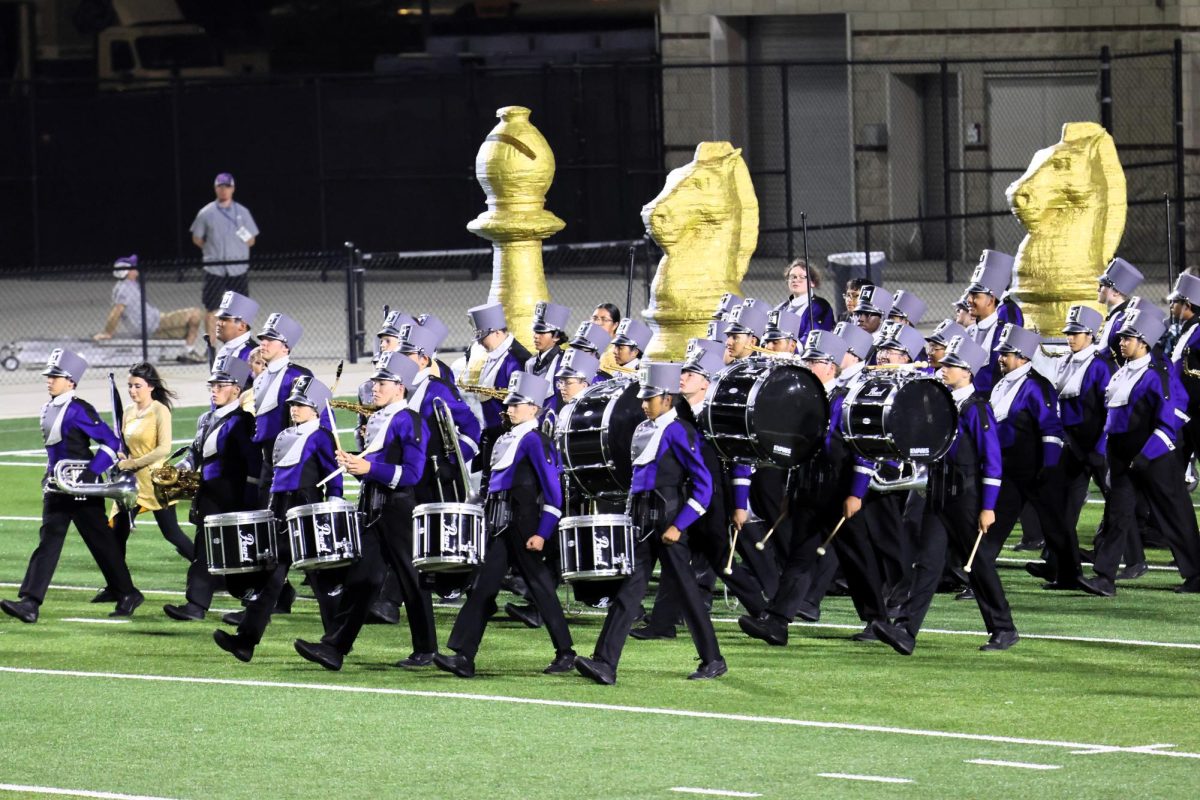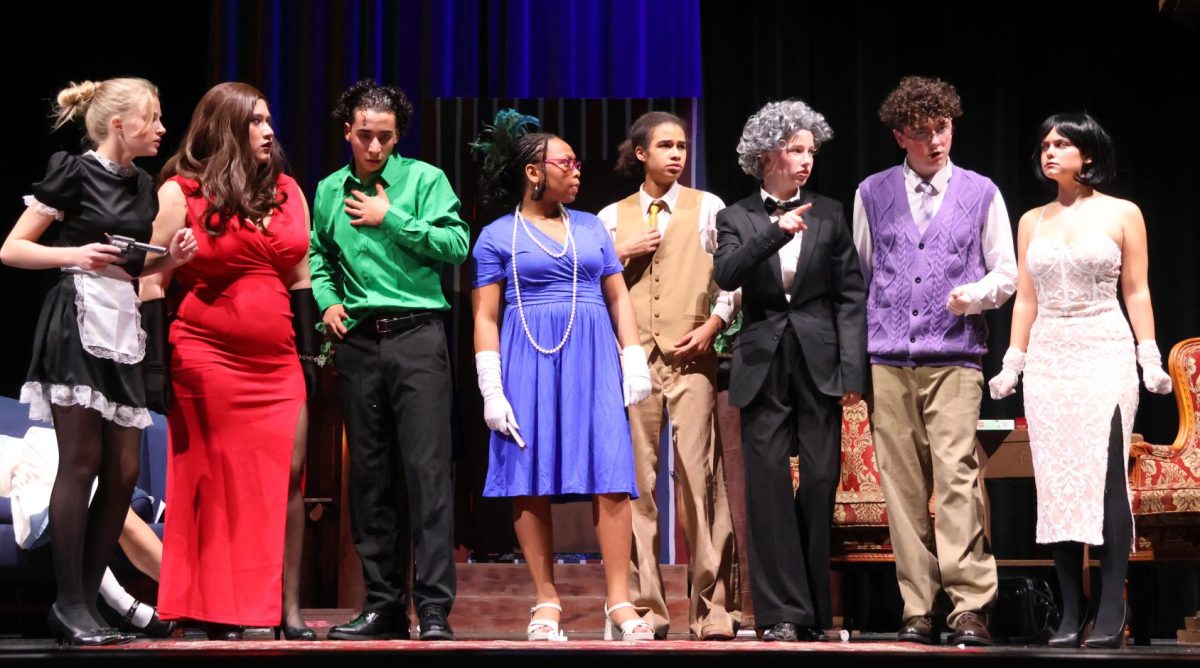The recent film Thunderbolts* has gained significant attention as a refreshing addition to the Marvel Cinematic Universe (MCU), with critics praising its character driven narrative and emotional depth. The movie explores themes of dysfunction and camaraderie among a group of misfit mercenaries, ultimately resulting in a narrative that resonates on a personal level.
One of the most compelling aspects of Thunderbolts* is its focus on flawed characters rather than invincible heroes. Bob emphasizes that the protagonists, including Yelena, Ghost, and Taskmaster, are defined by their shared trauma and complex psyches rather than traditional heroism. This character centric approach not only differentiates Thunderbolts* from other recent Marvel films but also invites viewers to engage with the characters’ emotional struggles. By intertwining action with psychological drama, director Jake Schreier crafts a narrative that feels both grounded and impactful.
Ambitious attempt to address mental health issues within a superhero narrative. According to Ruiz, the film endeavors to explore themes such as depression and suicidal ideation, reflecting various traumatic experiences like betrayal and domestic violence. The message emphasizes the importance of human connection in overcoming feelings of emptiness, which resonates with audiences seeking representation of mental health struggles.
In contrast to traditional superhero films that often focus on action and spectacle, Thunderbolts* significantly prioritizes emotional depth through its characters’ journeys. Florence Pugh’s performance as Yelena Belova, noting her relatable depiction of emotional struggles amidst high-stakes scenarios. The narrative illustrates how teamwork can facilitate healing from trauma and anxiety, suggesting that caring relationships are vital for mental well-being. Characters like Bob exemplify this struggle by portraying authentic experiences with anxiety and depression, thereby enriching the film’s exploration of these issues.
Thunderbolts* distinguishes itself by centering on characters grappling with guilt and regret rather than merely adhering to conventional heroism. This approach fosters a sense of “surprising humanity,” allowing audiences to connect with flawed individuals on their paths toward self-acceptance.
By prioritizing psychological vulnerabilities over typical archetypes. Thunderbolts* offers a refreshing perspective within the MCU framework while still facing challenges in accurately depicting complex mental health narratives.
Thunderbolts* represents an evolution within the MCU by prioritizing character development over spectacle. As noted in various critiques, this film successfully balances thrilling action sequences with profound emotional exploration. Such an approach marks a significant departure from earlier Marvel entries that often leaned heavily on visual effects at the expense of storytelling depth. Ultimately, Thunderbolts* emerges as both an entertaining superhero film and a poignant examination of human connection amidst chaos introducing the new notion of the new avengers.

